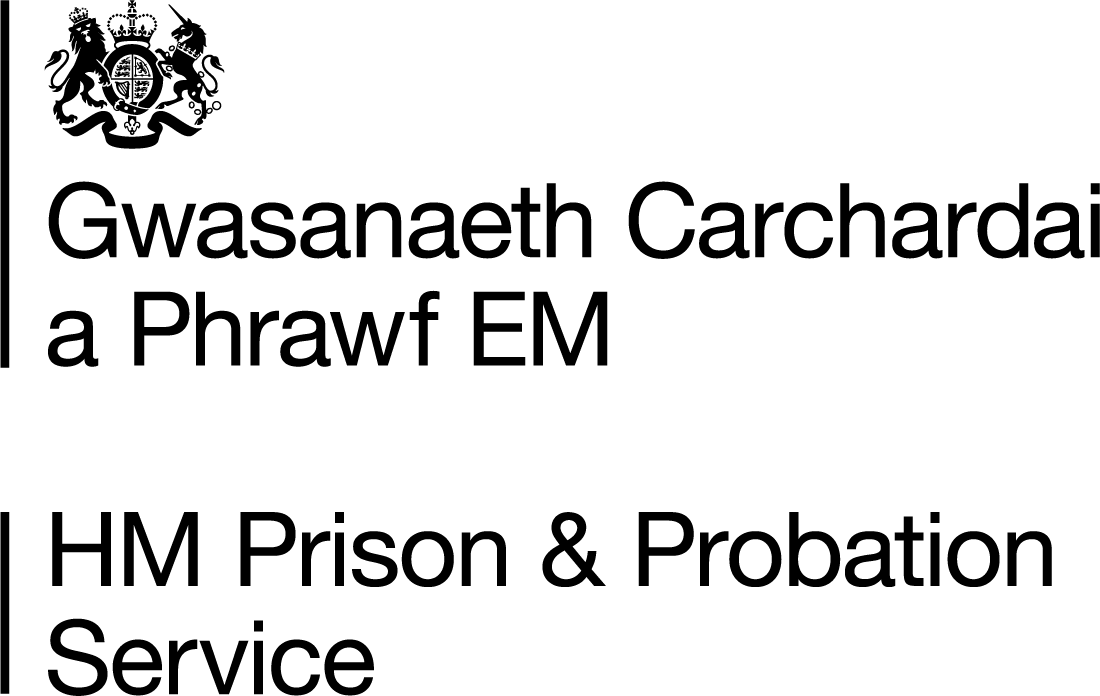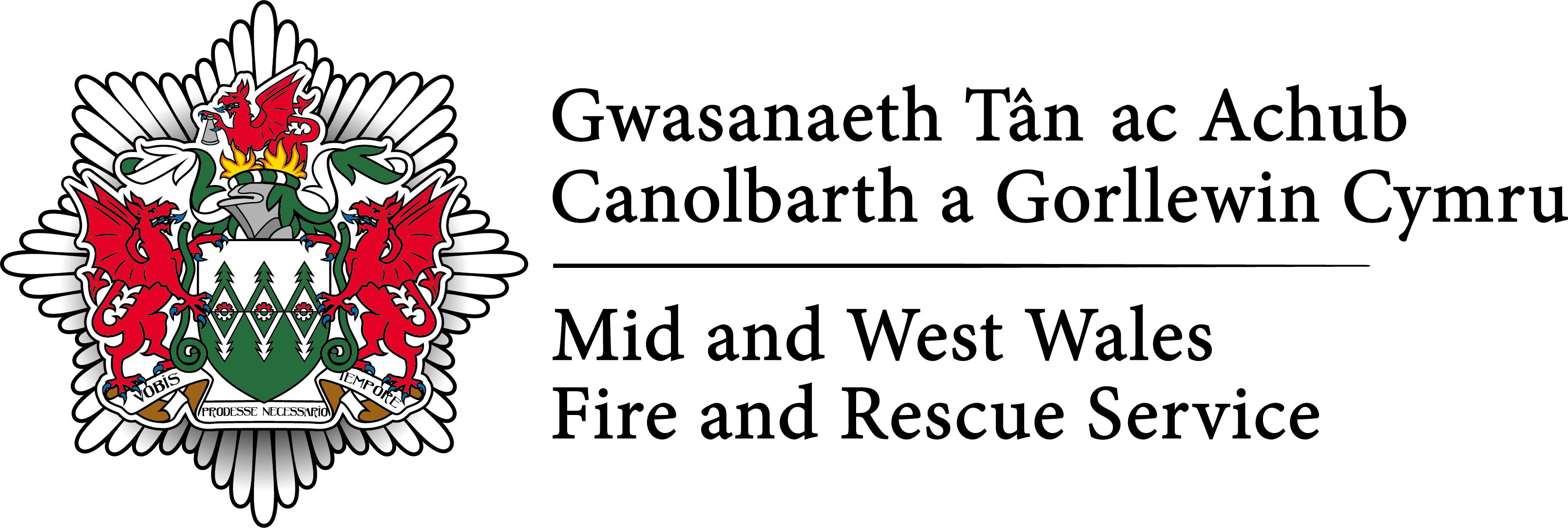- Criminal Damage 1971
- Deer Act 1991 (regarding poaching)
- Food and Environment Protection Act 1985 (use of pesticides)
- Hunting Act 2004, which criminalises certain forms of hunting of wild mammals with dogs, but it is wider than that and includes specific offences relating to hare coursing.
- International Trade in Endangered Species: CITES and COTES
- Pests Act 1954 (regarding use of traps)
- Protection of Badgers Act 1992
- The Conservation of Habitats and Species Regulations 2017
- Theft Act 1968
- Theft Act 1978
- Wildlife and Countryside Act 1981, which protects wild animals, plants and habitats. It prohibits certain methods of killing or taking wild animals.
Hitting a wild animal deliberately is an offence under the Wild Mammals (Protection) Act. If you hit and kill a wild animal, you must leave it safely by the roadside and notify the local council so they can remove the remains. Some wild animals are protected, and it is an offence to possess one, dead or alive.










